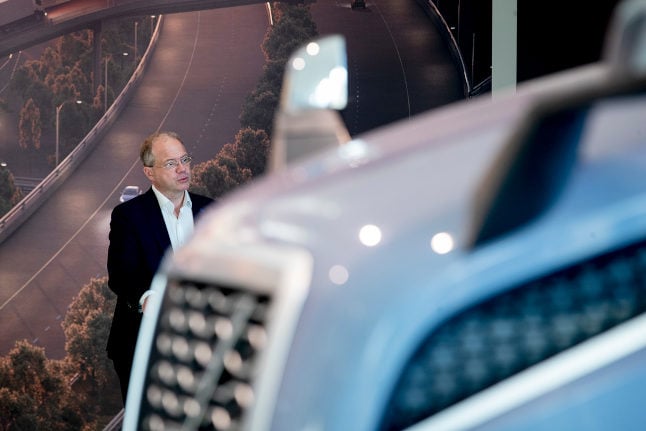Maud Olofsson said she was pleased that Ford had moved forward with its plans to seal a deal with Geely but stressed that a number of issues in the “complicated sale process” were as yet unresolved.
“Much remains; this is another step in the process that will lead to a final sale,” she said.
There remains much to be done on the Chinese side,” she added.
Sweden’s largest party, the opposition Social Democrats, welcomed Geely’s imminent acquisition of Volvo Cars.
“This offers major opportunities for a broader industrial solution and represents an opening into the large and growing Chinese market,” said economic policy spokesman Thomas Eneroth in a statement, calling for fast action on loans and loan guarantees.
Eneroth’s optimism was however not shared by trade union group Unionen.
“Geely’s intentions with this deal are still unclear, and that worries me. And even if our car sales do now rise again, the fact remains that Volvo Cars is a loss-making company. How Geely wants to solve that, we just don’t know,” said Sören Carlsson, chairman of the Unionen branch at Volvo Cars in Gothenburg.
Several of the trade union groups active within Volvo Cars sat in talks to discuss the deal on Wednesday afternoon.


 Please whitelist us to continue reading.
Please whitelist us to continue reading.
Member comments